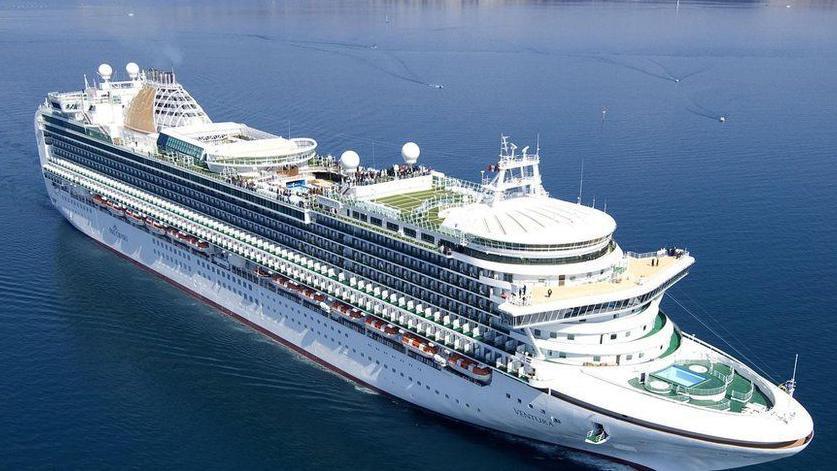Cruise ship to get deep-clean after norovirus spread
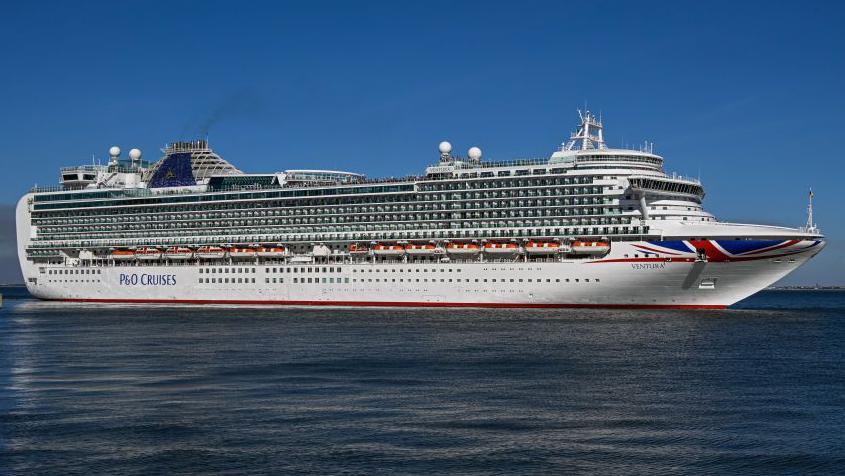
There have been "elevated numbers" of acute gastroenteritis on board, according to Southampton Port Health Authority
- Published
Passengers will face delays boarding a cruise ship so it can be deep-cleaned following an outbreak of norovirus.
A number of people on P&O Cruises vessel Ventura were reported to have been isolating in their cabins with the stomach bug.
The ship, which left for the Canary Islands on 11 May, is due to return to Southampton on Saturday before setting sail again.
New passengers have been asked to arrive four hours later to allow for an "enhanced and extended period of sanitation", P&O said.
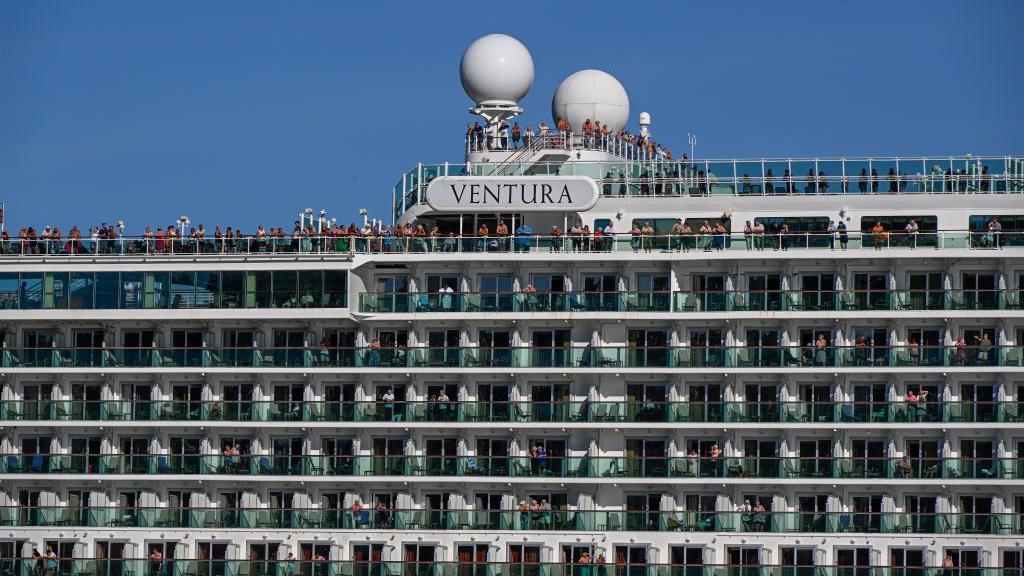
There are just under 3,000 passengers currently on Ventura, which means it is almost at capacity
Port health officials will meet Ventura when it docks in the city at about 05:00 BST on Saturday.
Guests who are symptomatic will disembark later and separately to others, according to P&O.
Additional sanitisation measures will be carried out by commercial cleaners before new passengers would be let on board, a spokeswoman said.
"[We will be] doubling the length of time the ship will be without guests... to allow for a dedicated enhanced cleaning programme of all spaces onboard, including guest cabins, public areas and crew areas," she said.
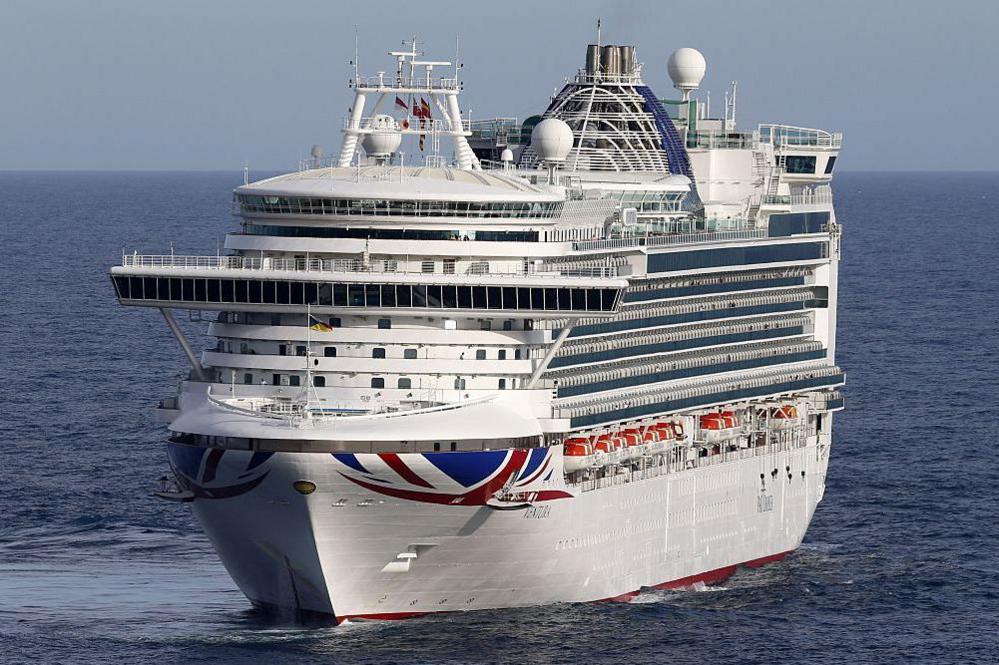
Some people on board have had sickness and diarrhoea
The vessel will leave later on Saturday for a seven-night trip to Spain and Portugal.
About 0.64% of those on Ventura were symptomatic on Wednesday, according to P&O, but the company would not reveal the figures at their peak.
The cruise company apologised to those affected.
Passengers who were on previous Ventura cruises told the BBC their sailings had been delayed by up to 90 minutes so the ship could be deep-cleaned following similar illnesses.
Can Ventura be deep-cleaned in four hours?
Ian Jones, professor of virology at the University of Reading, said norovirus was spread by fecal-oral transmission and suggested on-board cleaning should be especially focussed on bathrooms and food preparation areas.
"It's a hardy disease, it doesn't die quickly on surfaces," he said, adding strong antiviral cleaners should be used.
"There are better methods than just wiping down surfaces, like fogging, which seeps everywhere," he added.
P&O confirmed it would be using fogging, which involves spraying special disinfectant into a sealed room as a mist-type vapour.
Prof Jones said crew members should be tested too, of which Ventura has about 1,200, external.
"In the end, you can sanitise the ship all you want but if tracing work is not done it won't be clear where the source has come from," he said.
"If a crew member is carrying it, very quickly the source will come back."
The BBC is awaiting a response after asking P&O if it had taken any measures to trace the source of the spread.
Follow BBC South on Facebook, external, X (Twitter), external, or Instagram, external. Send your story ideas to south.newsonline@bbc.co.uk, external or via WhatsApp on 0808 100 2240, external.
Related topics
See also
- Published22 May 2024
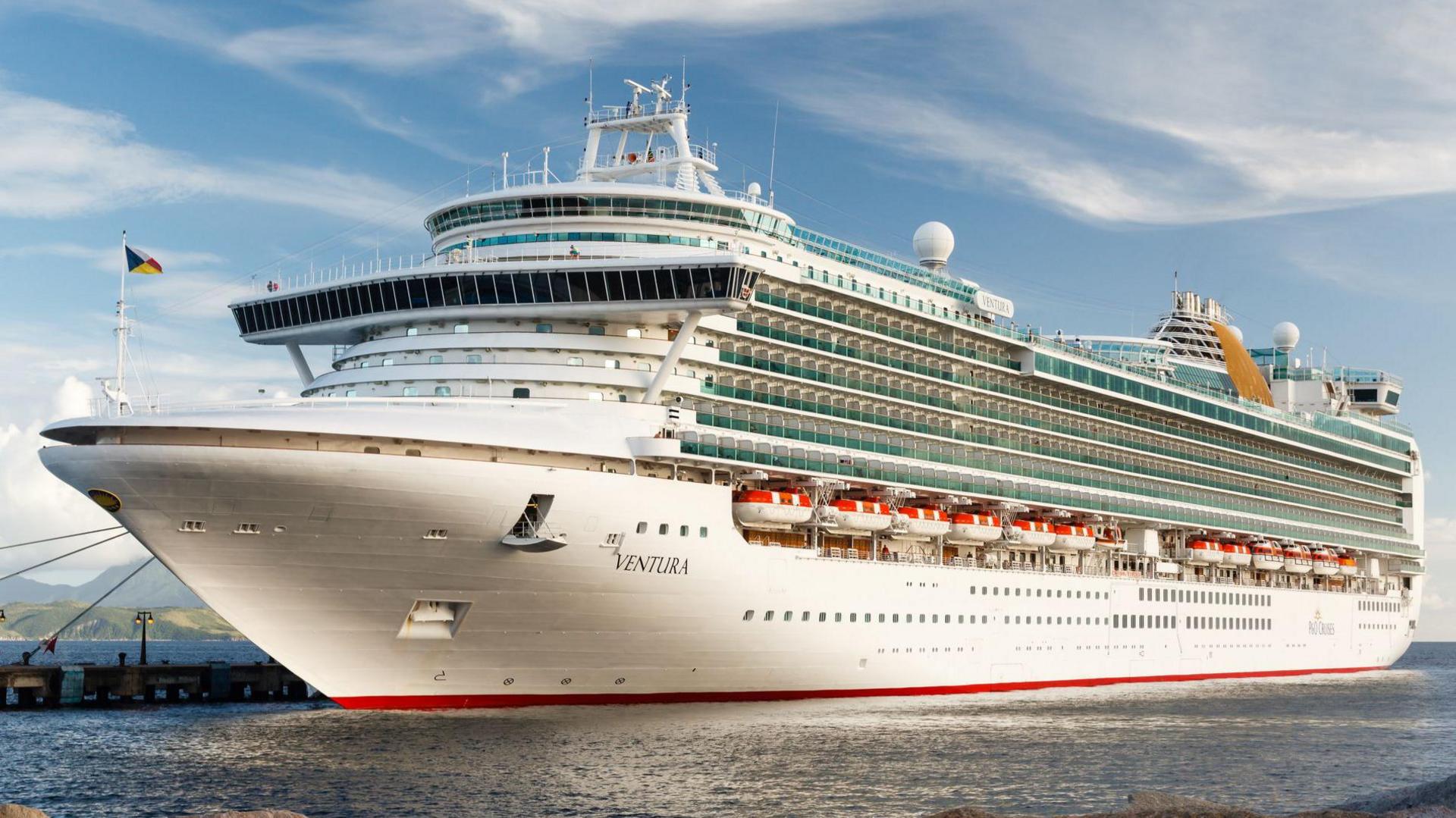
- Published19 May 2024
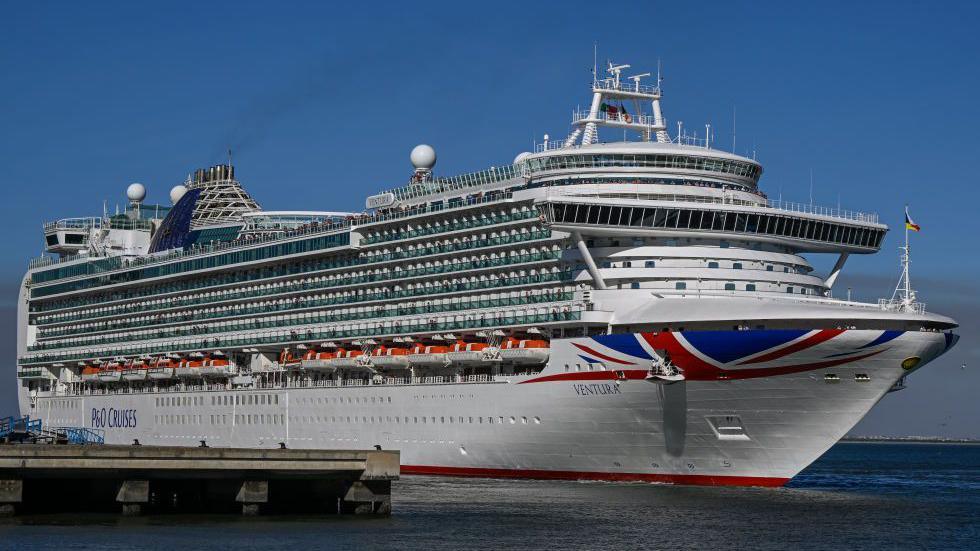
- Published18 May 2024
